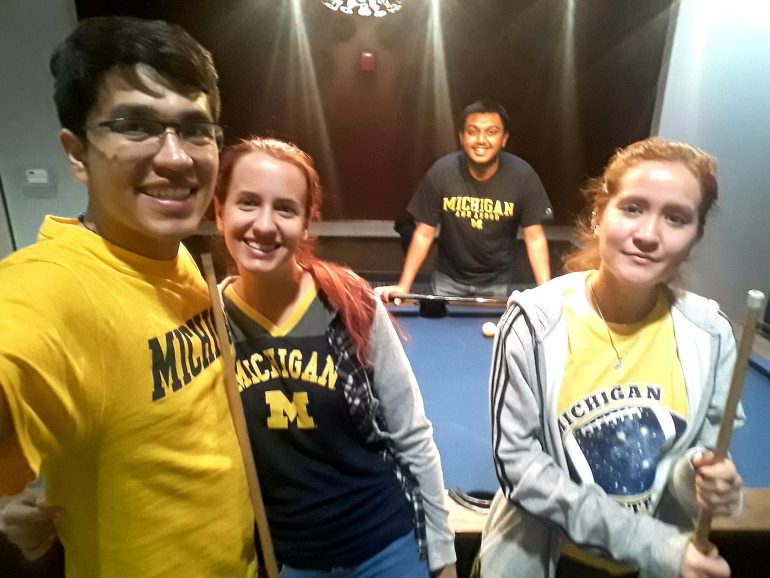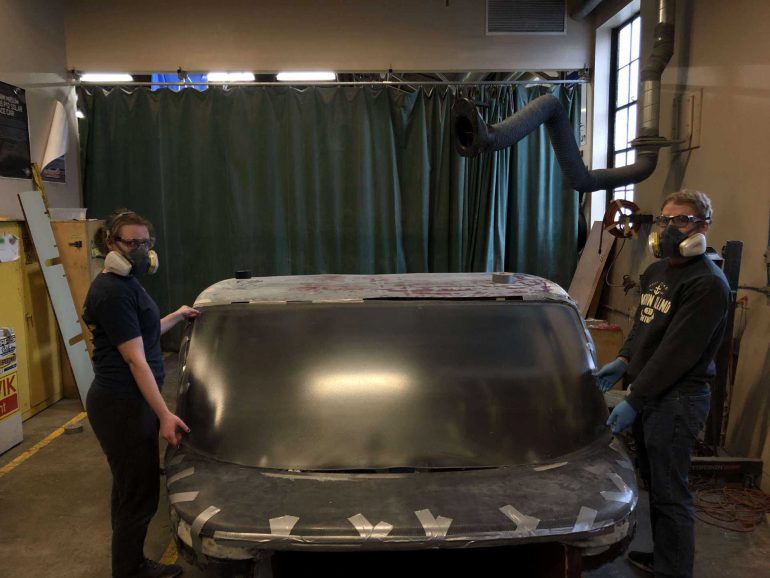
Tips for Transfer Students
Just a few months after beginning my freshman year of college, I made the decision to transfer schools. Some people transfer early on and others, much later. Regardless of when you do, it can be overwhelming. I know the feeling of relief that comes with finally deciding to transfer, however, I also know the nervous more-like-bees than butterflies feeling in your stomach that you also get when you finally get to that new campus. Here are some tips that I learned from my transfer experience as well as some things that I wish someone would have told me when I transferred. Also, if you are still considering whether or not to transfer, these tips might also help you make that decision (coming from someone who went back and forth for months before deciding).
Go to the Events
I know the feeling that may give you, I also dreaded being the new transfer student at campus events – but I promise it’s worth it. It’s so much better to try and know what clubs or groups are a fit (or not a fit for you) rather than wait until senior to realize there’s a group you should have joined much earlier on. Going to these campus/club events will help you meet more people and make connections on campus – the sooner you do this, the sooner you get adjusted to your new environment.
Reach Out to Acquaintances
It does really help to know a few students who are already adjusted to campus as you transfer. When I transferred schools, I realized while scrolling on Instagram one day that a girl I worked with at a restaurant while I was in high school went to the school I was transferring to. I hesitated but eventually decided to reach out to her via DM to see if she wanted to get lunch sometime. The very next semester, her and her twin sister became my roommates and my best friends. We still live together today, and I can’t imagine my college experience without them. So, take the shot and reach out even if you feel nervous!
Don’t Pass Up Opportunities
Many of the groups I’ve joined and positions I’ve held while at my transfer school are the result of me applying for positions or going to events that I almost didn’t do. Looking back now, I’m so extremely grateful that I decided to take on these opportunities because they’ve contributed so heavily to my experience. Check your school email, talk to your professors and see what ways you can get involved – you will not regret it.
Transferring can be overwhelming but it’s so worth it in the end. Be sure to put yourself out there and take on opportunities, you never know where they might lead you to. If you’re still considering whether or not to transfer schools, I’d advise you to picture yourself at your current school in the following semester – are you happy? Has anything from your current circumstances changed? (Different roommates, new major, etc.) If not, and if you’re struggling to find reasons to stay, transferring is not a bad idea. Everyone’s college experience is different and no one’s is perfect. Always remember to do what is going to be best for you!
Do you have a compelling story or student success tips you’d like to see published on the Pearson Students blog? If you are a college student and interested in writing for us – click here to pitch your idea and get started!





